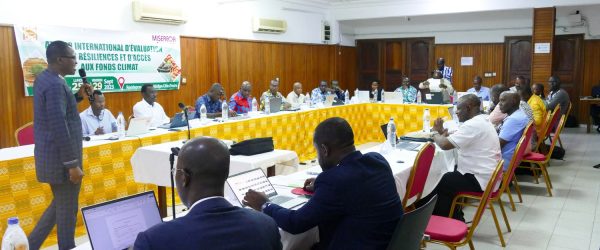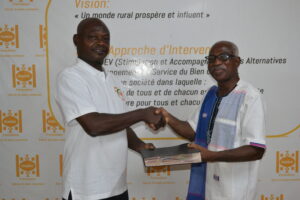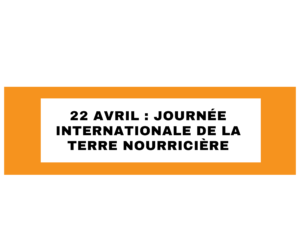Le vendredi 29 septembre 2023, les rideaux se sont fermés sur l’atelier Inter-BN sur les outils d’analyse des risques et vulnérabilités climatiques, d’élaboration de plans et stratégie climat et d’accès aux fonds climatiques. Cet atelier organisé par le secrétariat général d’Inades-Formation à Abidjan a duré 5 jours.
L’atelier Inter-BN sur les outils d’analyse des risques et vulnérabilités climatiques, d’élaboration de plans et stratégie climat et d’accès aux fonds climatiques s’est tenu du 25 au 29 septembre 2023 à Abidjan. Il a été organisé dans le cadre du « Projet d’appui au développement des systèmes alimentaires territorialisés et durables basés sur les vivres de souveraineté et la résilience climatique dans les pays au sud du Sahara 2023-2025 », mis en œuvre par Inades-Formation et financé par Misereor.
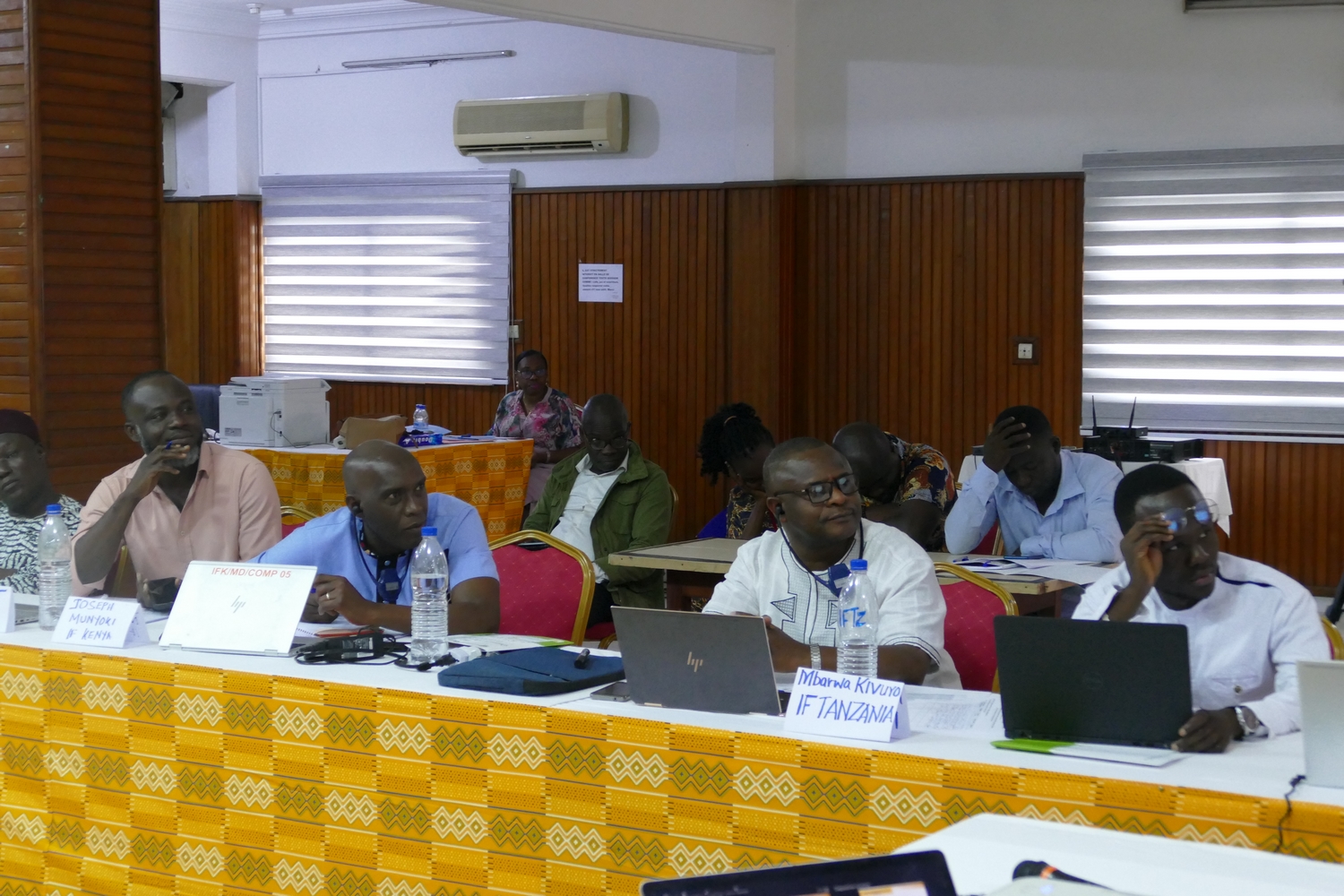
L’objectif de l’atelier était de permettre aux équipes des Bureaux Nationaux d’Inades-Formation d’approfondir leurs connaissances et leurs capacités sur les approches d’analyse des vulnérabilités des communautés et des risques climatiques et sur les modalités d’accès aux fonds climat. Toute chose dont elles auront besoin pour améliorer leurs stratégies d’intervention et dans leur recherche de financement afin de répondre de manière adéquates à ces risques climatiques.
L’atelier a réuni une vingtaine de participants, composés des Directeurs et chargés de projet ou programme de huit Bureaux Nationaux d’Inades-Formation travaillant sur des actions de sensibilisation et d’accompagnement des communautés locales sur le changement climatique. Il s’agit notamment du Burkina Faso, Burundi, Côte d’Ivoire, Cameroun, Congo RD, Rwanda, Tchad et Togo ainsi que des membres du SG Inades-Formation et un consultant du GIEC.
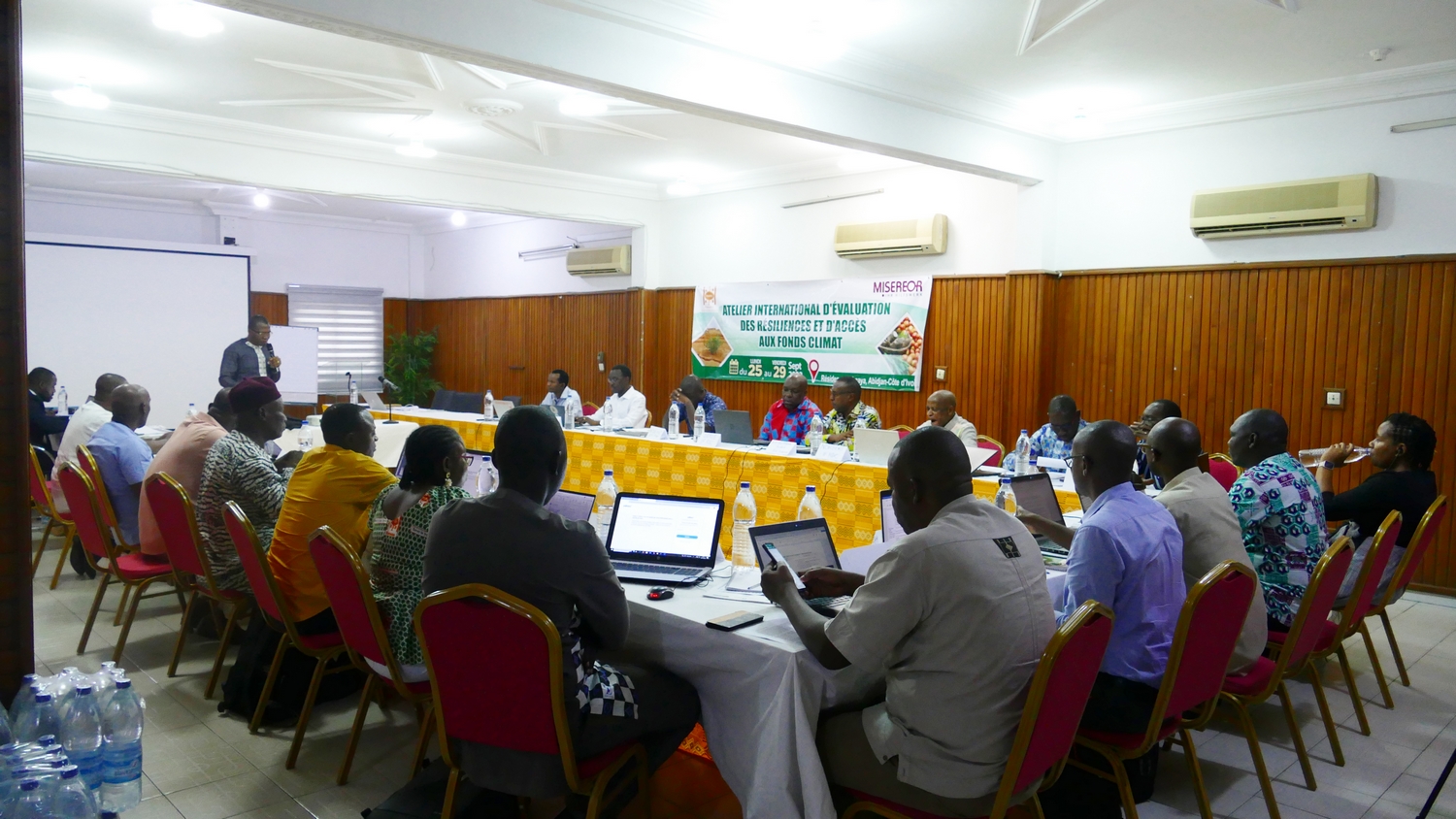
Pour marquer l’importance de cet atelier, le Secrétaire Général d’Inades-Formation, M. Sena ADESSOU, a, dans son discours d’ouverture, insisté sur le fait qu’Inades Formation ne doit pas rester inactif face aux changements climatiques. Bien qu’ayant un programme dédié à cette thématique, le constat est que nous n’avons pas suffisamment travaillé sur ce programme. C’est donc une insuffisance qu’il faut combler, d’où le projet monté avec Misereor. La thématique du changement climatique est une préoccupation internationale, rappelle-t-il. Il y a une prise de conscience des chefs d’Etats dans le monde entier et des chefs d’Etats africains. S’en veut pour preuve la récente conférence sur le changement climatique tenue à Nairobi au Kenya, qui s’est soldé par une déclaration. Déclaration qu’il invite d’ailleurs les participants à questionner pour en tirer les positionnement et axes sur lesquels agir. M. Adessou a également enjoint les participants de suivre attentivement cette formation somme toute très importante.
Des différentes présentations, il ressort que le changement climatique peut être défini comme toute modification du climat qui s’observe sur une période de 30 ans. La Convention cadre des Nations Unies sur le Changement Climatique, en son article 1er défini le changement climatique comme des « changements de climat qui sont attribués directement ou indirectement à une activité humaine altérant la composition de l’atmosphère mondiale et qui viennent s’ajouter à la variabilité naturelle du climat observée au cours de périodes comparables ».
Dans sa présentation préliminaire, M. Adessou a mis l’accent sur le fait que les modifications climatiques s’observent sur des périodes de plus en courtes.
Avant d’entamer les séries de présentations et formation, les participants ont été amené à réaliser un diagnostic des capacités du réseau Inades-Formation dans le domaine du changement climatique afin d’identifier les actions à mener pour le rendre plus performant.
A la fin des cinq jours de l’atelier, ils s’étaient approprié les différents outils et approches d’analyse des risques et vulnérabilité climatiques, notamment l’outil Cristal, Outil CVCA et l’outil Pamoja ; la méthodologie d’élaboration d’un plan local de mesures d’adaptation au changement climatique. Concernant les fonds climats, ils en savent désormais plus sur les différents fonds climatiques et leurs mécanismes de financement du climat. Ils ont défini un processus d’élaboration d’une stratégie climat pour Inades-Formation et se sont accordés sur des propositions de thèmes des différents modules de formation qui seront élaborés après l’atelier.
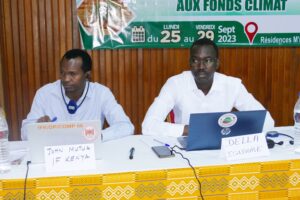
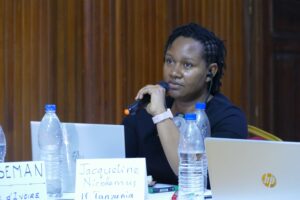
De l’avis des participants, l’atelier a été très intéressant.
Pour le Directeur d’Inades-Formation Burkina, « l’atelier a été vraiment édifiant ». « J’ai beaucoup appris sur les changements climatiques, notamment les confusions qu’on a souvent sur les différentes notions et les concepts. Nous avons aussi au cours de cet atelier découverts les différents fonds qui existent dans le domaine du changement climatique et comment nous pouvons nous organiser pour pouvoir capter ces fonds en vue de répondre aux préoccupations qui sont celles des populations que nous accompagnons, notamment le fond pour l’environnement mondial, le fonds climat dont l’accessibilité est un peu difficile. Mais les présentations nous ont montré quels sont les mécanismes à enclencher dans nos différents pays, par le biais des points focaux pour pouvoir soumettre nos idées de projet. »
Le Directeur d’Inades-Formation Burundi a également abondé dans le même sens en ces termes : « C’est un atelier très intéressant qui traite d’un sujet qui est à la une et d’intérêt mondial. On a vu différents mécanismes par lesquels passer pour avoir accès aux fonds climat. Inades-Formation qui est une organisation qui fait de la prospection doit toujours anticiper sur les questions qui préoccupent l’humanité.»
Quand au Directeur d’Inades-Formation Tanzanie, lui s’interroge sur la faible participation africaine à ces fonds climat. ” Au cours de l’atelier sur l’analyse des risques climatiques et de la vulnérabilité, nous avons mené un exercice de cartographie des donateurs. Si l’on regarde la liste de plus de 40 donateurs, très peu ont leur origine en Afrique. “
Pourtant l’Afrique n’est pas épargnée par le changement climatique. Le continent partage avec d’autres pays en développement “une vulnérabilité particulière vis-à-vis du changement climatique en raison des réalités agroécologiques, de la pauvreté et de sa grande dépendance à l’égard des secteurs sensibles au climat comme celui de l’agriculture”1.
Un rapport de la Banque Mondiale² indique que d’ici 2050, approximativement 2,8% de la population des pays en développement (dont l’Afrique subsaharienne) pourraient être contraintes de se déplacer pour échapper aux effets du changement climatique.
1. [ Nicholas Stern 2007, The Stern Review on the Economics of Climate Change was released for the British government by Nicholas Stern, Chair of the Grantham Research Institute on Climate Change and the Environment at the London School of Economics (LSE).]
2. [Htpps://openknowledge.worldbank.org/handle/10986/29461]
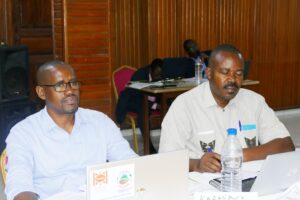
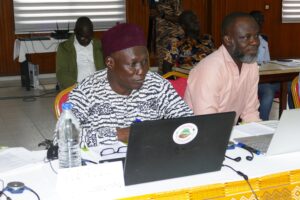

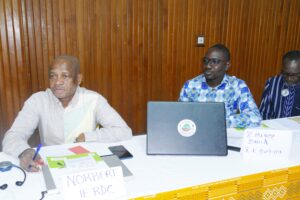
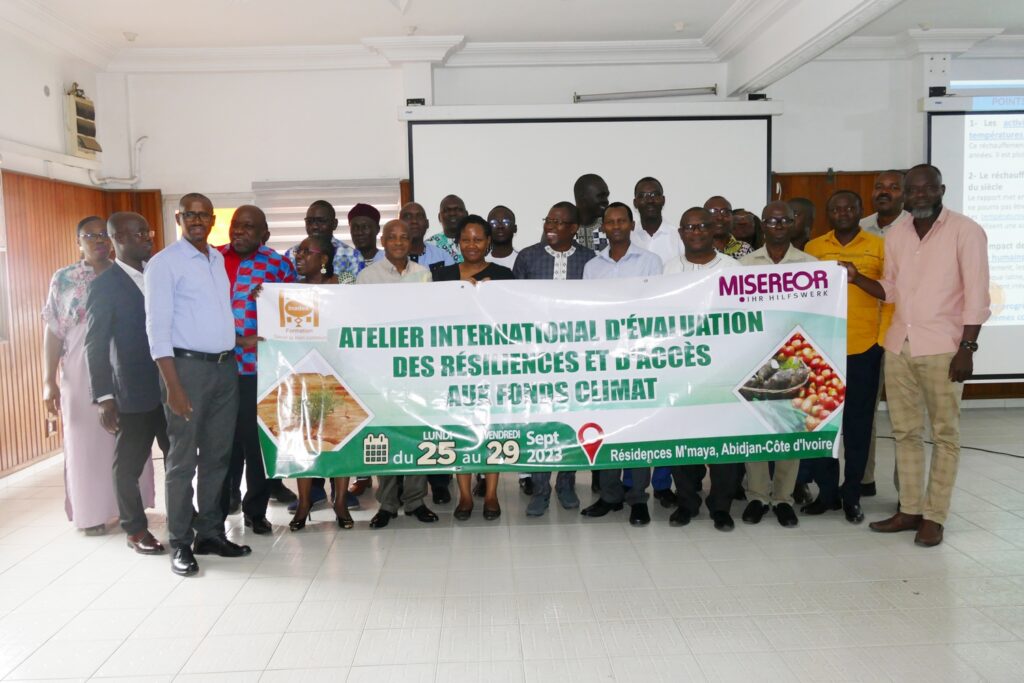
Communication Inades-Formation, Secretariat Général

